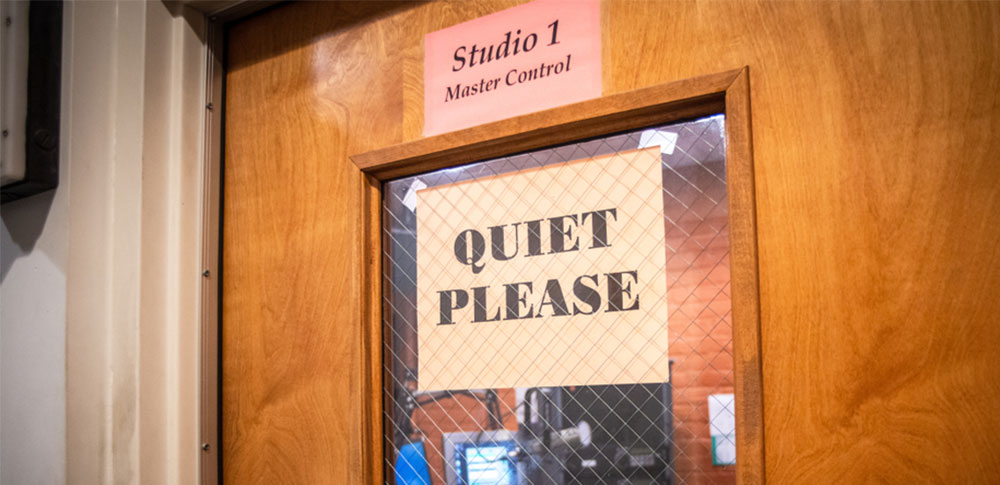If you’ve ever had your sleep disturbed by noise or your study interrupted by people in the next room, you’ve probably considered soundproofing as a solution.
Soundproofing isn’t just for recording studios and homes next door to motorways, here are many reasons our customers want to reduce sound levels in their houses and businesses.
Keeping The Noise Down
From massage therapists, to confidential counsellors and dentists, some workspaces just can’t operate alongside sound leakage, either from outside or other rooms within the building.
At home, you may have different bed times, a shift worker who’s trying to sleep during the day, or one family member who wants to read quietly without the sound of the television wrecking their concentration.
And if you like playing music loud or have installed a cinema room, you’ll need to consider the impact of your noise on others too.
With good soundproofing, normal life can go on without either disturbing others or being disturbed.
Close the door on disturbances
While double glazing and soft furnishings play an important part in soundproofing a room, the choice of door is also a key element of keeping sounds in – or out.
Often overlooked, a flimsy or ill-fitting door can be a major cause of sound disruption. It is the largest opening in any wall and is often the source of sound transference.
The Drum-Effect
The worst culprit is the hollow-core door. Constructed of thin veneers and a honeycombed core, this type of door can actually make sounds louder by acting as a drum. Hollow-core doors offer very little by way of soundproofing.
Most modern houses come with hollow-core doors as standard, and if you can hear a conversation clearly on the other side of your door, that’s probably what you’re living with.
Great Barrier
By replacing hollow-core doors with solid construction doors, such as solid wood or solid-core doors, you can substantially improve your building’s soundproofing. If you can afford a solid hardwood door, this will cut down on noise considerably. The density of the wood baffles the sound and when properly fitted, will create an effective noise barrier.
A cheaper option than expensive hardwood is a solid-core door that is equally as dense, but using materials such as MDF and wood veneer.
Thick Is Smart
Another factor to consider is door thickness. The standard thickness of Australian doors is 35mm, but a thicker solid door will provide more soundproofing. A thicker door may require a custom frame which can be installed by door specialists to ensure a perfect fit.
Finally, you can buy specialised soundproofing doors, which incorporate sound-reducing board and are lined with a layer of lead.
Seal The Deal
Whatever type of door you choose, its sound proofing will only be as effective as its fitting. Even a small gap on the sides or top and bottom will let sound through. Professional door fitters will always ensure that doors fit correctly and can advise on acoustic door seals and weather-stripping.
At Door Stop we can show you how the right door can make your life a whole lot quieter. We have two showrooms in Osborne Park and Joondalup, and with 35 year’s industry experience in doors and associated fixtures and fittings, we love to share our knowledge to help our customers make the perfect choice.


